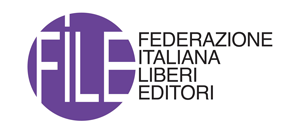Cambridge scientists have developed an artificially-intelligent tool capable of predicting in four cases out of five whether people with early signs of dementia will remain stable or develop Alzheimer’s disease.
The team say this new approach could reduce the need for invasive and costly diagnostic tests while improving treatment outcomes early when interventions such as lifestyle changes or new medicines may have a chance to work best.
Dementia poses a significant global healthcare challenge, affecting over 55 million people worldwide at an estimated annual cost of $820 billion. The number of cases is expected to almost treble over the next 50 years.
The main cause of dementia is Alzheimer’s disease, which accounts for 60-80% of cases. Early detection is crucial as this is when treatments are likely to be most effective, yet early dementia diagnosis and prognosis may not be accurate without the use of invasive or expensive tests such as positron emission tomography (PET) scans or lumbar puncture, which are not available in all memory clinics. As a result, up to a third of patients may be misdiagnosed and others diagnosed too late for treatment to be effective.
A team led by scientists from the Department of Psychology at the University of Cambridge has developed a machine learning model able to predict whether and how fast an individual with mild memory and thinking problems will progress to developing Alzheimer’s disease. In research published today in eClinical Medicine, they show that it is more accurate than current clinical diagnostic tools.




